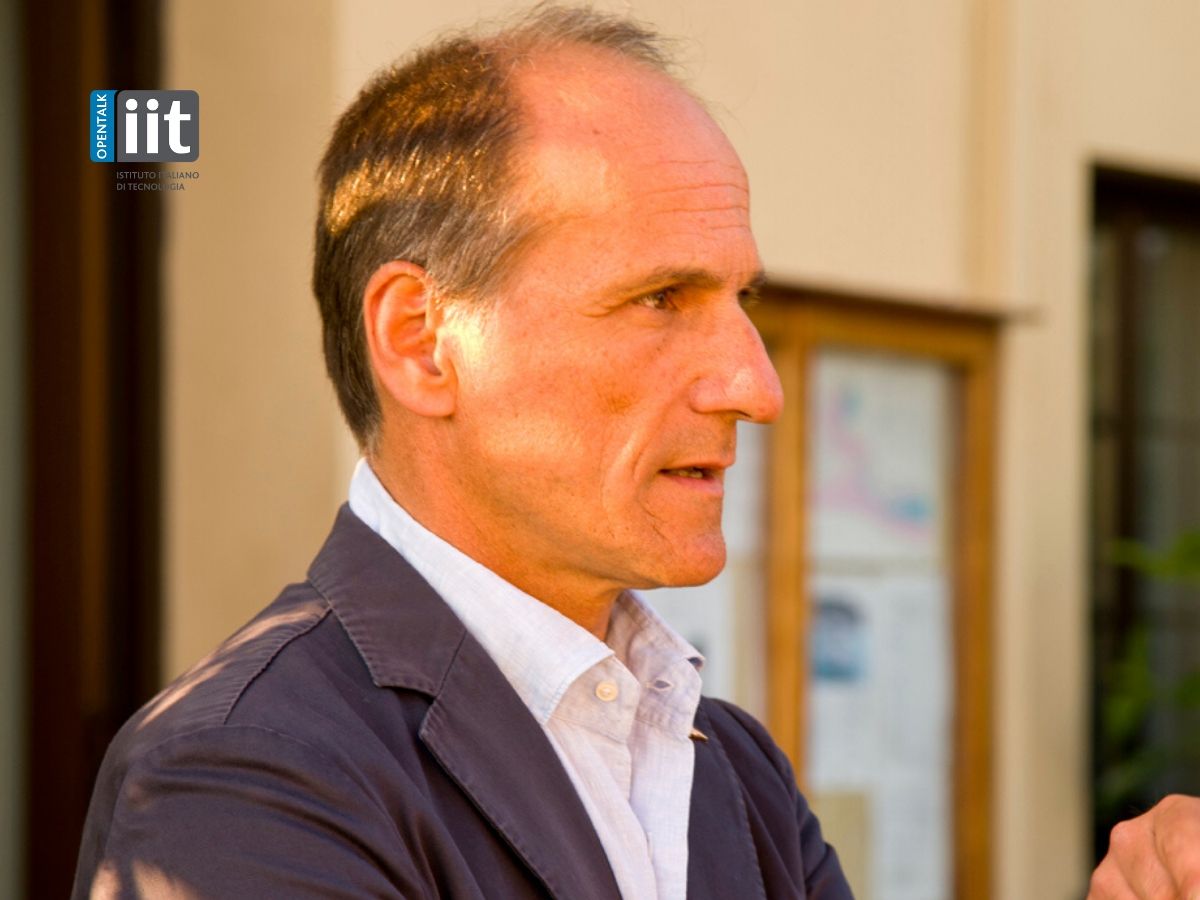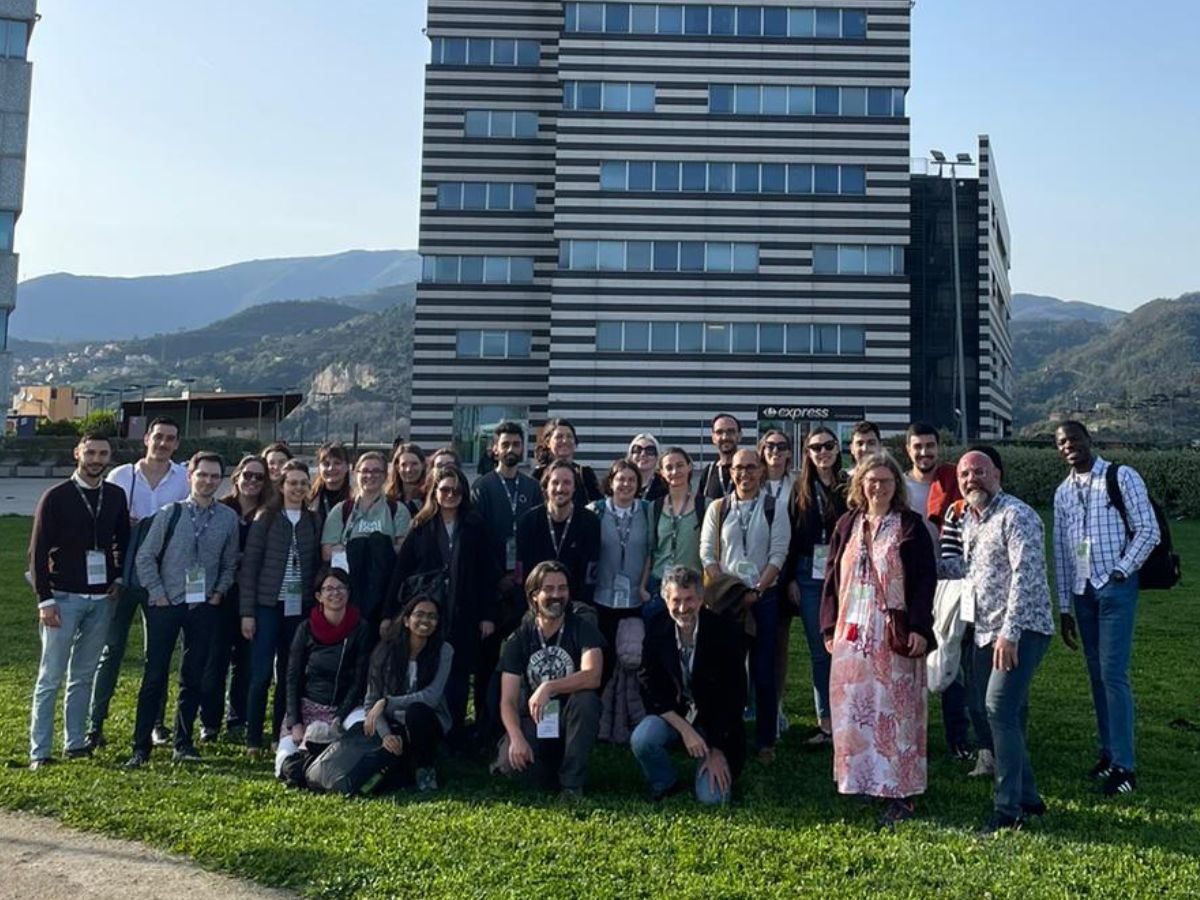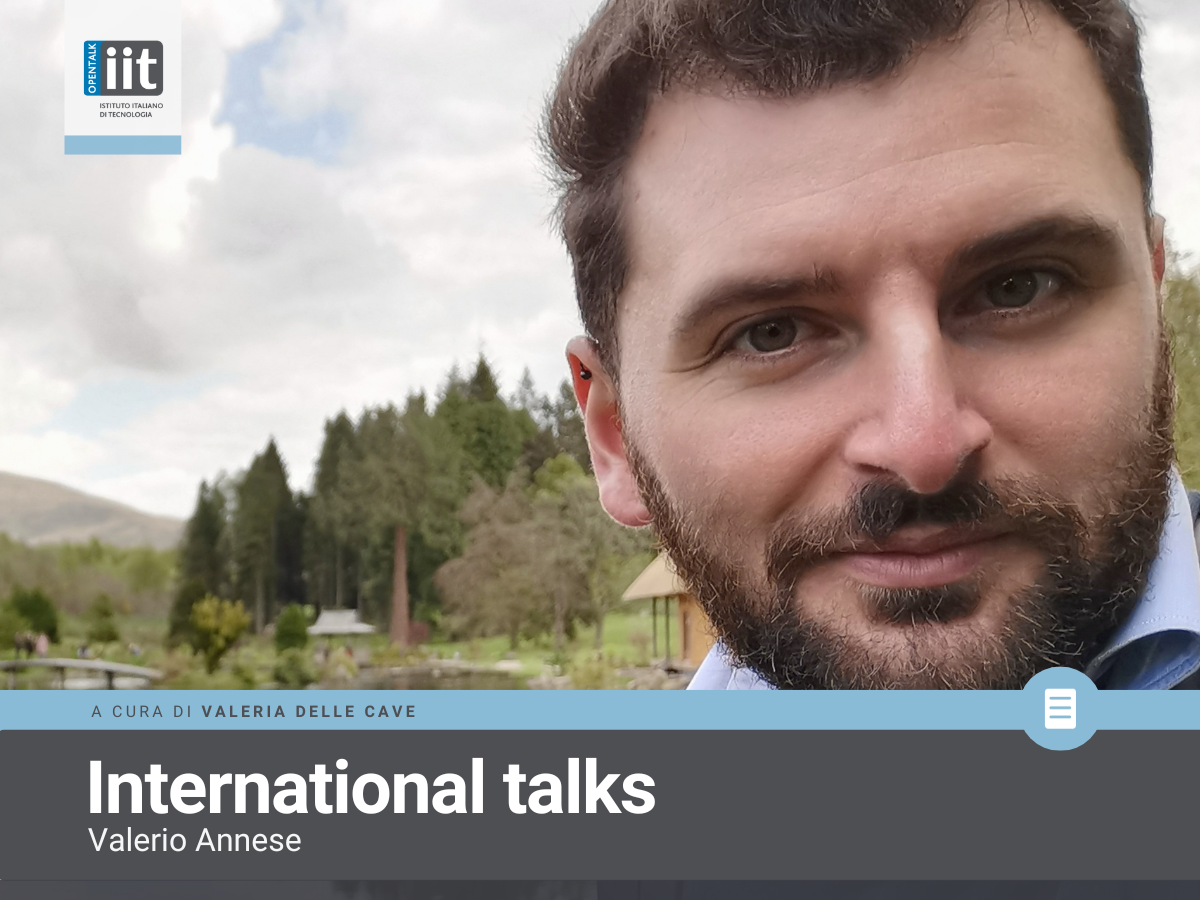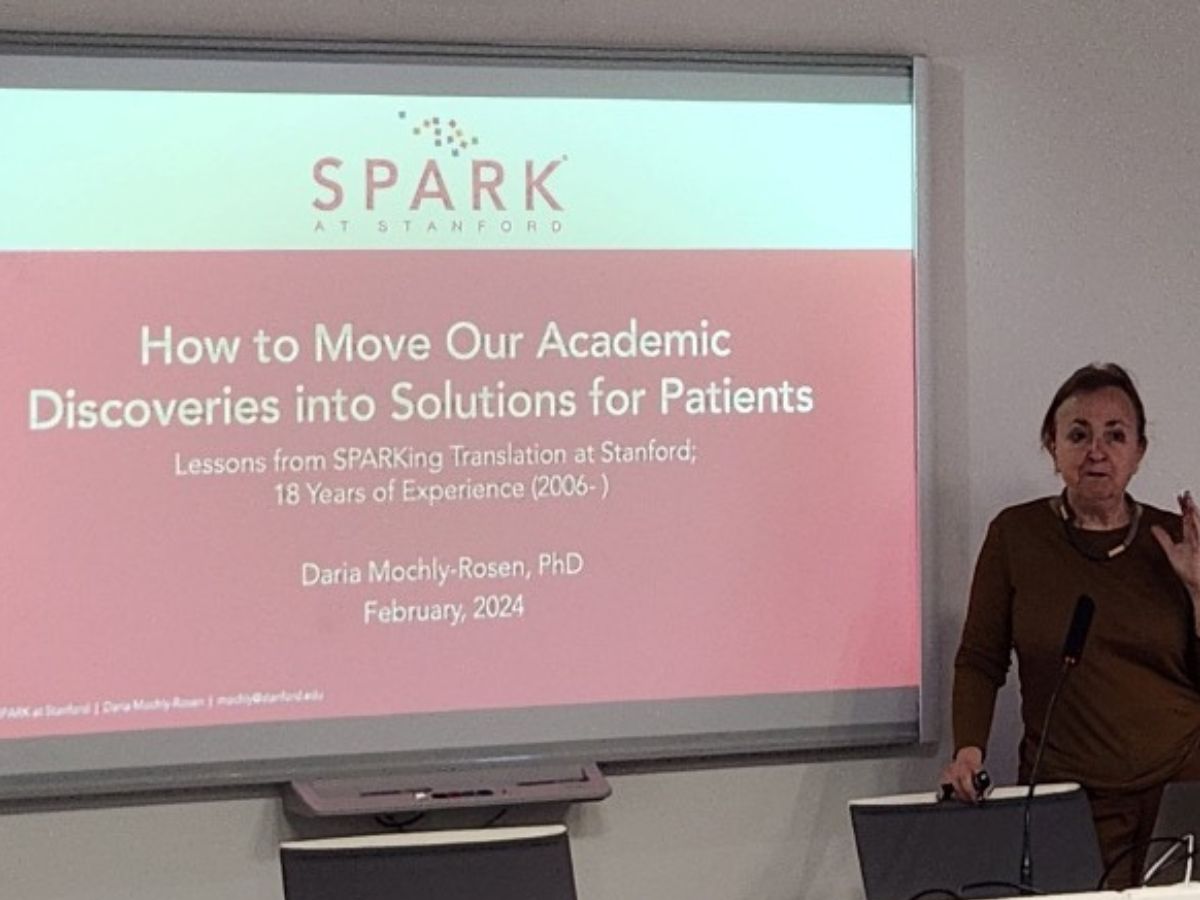Interview with Giorgio Mosci, business consultant and editor of Il Canneto
Voices from the CityAt a time of great apprehension about our future, we are certain that, in the central decision-making centres, as well as at a local level, people are working to get us out of this hole the pandemic has left us in. We want to tell you, through the testimonies of our fellow citizens, how we are coping and how Genoa and all those who live and work there will win this battle.
Giorgio Mosci is an eclectic personality in the Genoese social landscape. For years Member of the auditing firm Ernst & Young where in addition to auditing activity he also dealt with marketing events related to the business world, he then continued his professional activity by sitting on the Boards of Directors – that is, Boards of Statutory Auditors – of important industrial groups and financial institutions in the country, including listed companies. In addition, he founded a publishing house with a couple of friends, the Canneto Editore, which publishes high-quality books chosen with the passion that is reflected in the originality of the range on offer.Finally, Mosci is involved in the Comunità di Sant’Egidio, an organisation that is also offering commendable support to the most needy and disadvantaged at this time.Giorgio, these are the days of the organisations of the Boards of Directors for the approvals of the budgets. How has the coronavirus changed your professional habits?The world of work, being obviously linked to services and support of production activities, we can say is facing this period without great difficulties, putting smart working into practice, for which it had technologies and procedures that were already consolidated but perhaps not fully used. Let’s say that especially in our country, compared to the English-speaking world, working from home was considered to be something belittling, almost to the point of devaluing the work. In this context, if we think about the past few weeks, the various boards of directors and the various committees supporting the listed companies have been able to develop video-conferencing systems and are preparing, also following the provisions enacted, to be able to conduct assemblies.What is the latest, right now, from the big companies you follow? How can we prevent lethal damage from a financial and production point of view?Large companies immediately tried to take appropriate measures, perhaps even before the provisions of the law. I also think of the companies belonging to groups with a parent company in China (and in Italy as in Europe not to mention Africa there are now many), where they were already facing the problem around the end of January and the beginning of February. It is clear that certain sectors are suffering and will suffer in the near future in the face of supply chains such as the pharmaceutical and food sectors which have achieved higher than average numbers. Overall, but I’m not the one saying it, the immediate financial impact and the economic impact afterwards will be devastating. For now in our country, unlike in other European countries, interventions do not have a direct impact on companies and workers but are only deferments or loans which sooner or later, if they are able to, they will have to pay back and this will have its consequences.Do you think that, despite the protective systems put in place by the government, there will be an attempt by large foreign groups to take over our best industrial assets?This is difficult to say today also because even large groups will have to lick their wounds. I hope that this pandemic (the numerous victims of which we must not forget) can bring the persona as a human back to the centre of economic policies with a global outlook that is viewed more from a socioeconomic and less from a financial point of view. However, I am concerned that having given smart working the go ahead, it will inevitably lead to greater efficiency and a reduction in jobs. I am comforted, however, by the fact that young people, about whom we are rightly concerned, are dealing with the situation as “young people”, which is more, let’s say, “real” for them than for those who are older and have struggled more to adapt. We will perhaps return to global markets but with a focus on the local as I imagine we will also rediscover our countryside and outings.One sector in perpetual crisis is the publishing sector. Despite this, with a passion and a commendable commitment, you continue to be the editor of Il Canneto. In this case, I believe that the rational manager who evaluates the financial statements with merciless diligence is giving way to a more heart-centred perspective – is that so?Our publishing house is very small but from the comparison with our much larger and better-known colleagues (and this thanks to the online meetings) and the data from March, we are all kind of in the same boat! Fortunately, today there is the worldwide web and platforms such as Amazon and IBS (in Italy) that the public has turned to en masse. This has mitigated the blow for us even if replacing the many presentations that had been scheduled and then the important Milan Book Pride fair was obviously not possible.Your publishing house has an intriguing catalogue, full of choices for discerning readers. You recently made an admirable proposal: digital solidarity. Every three days you’re giving away a free digital book, what returns have you had from readers?Let’s say that this period has allowed us to work more carefully and also more professionally online. And so we decided to give a gift to our readers with this initiative – a small gesture but I think a significant one. And then we are launching book presentations on Facebook also starting a YouTube channel.Finally, the Comunità di Sant’Egidio. What is the situation of people in difficulty and how are you dealing with this further emergency?The organisation hasn’t stopped and indeed, to deal with this emergency, it put everything possible into play thanks to a great response from many volunteers. In compliance with the rules to be followed to keep the infection at bay, the canteen carried on running, giving out meals in bags, which were still hot and equivalent to the usual food; the evening tour for the homeless, distribution of food parcels to people’s homes and more. Where it was not possible to be physically present, we contacted the elderly almost every day via telephone or video calls, and the children of the School of Peace rather than our students from the School of Italian Language and Culture. The internet has also allowed us to continue with daily prayer and liturgical celebrations but the community was prepared for this because these tools had already been used for some time in order to bring together the many communities around the world. Do you think that this emergency situation, which is still in its critical phase, when it ceases will increase solidarity and make our lives less hectic?That’s a difficult question to answer. Let’s just say that’s what we all hope for. As mentioned before, I hope for a new globalisation, one that is more linked to the individual as a human and less to finance, more a sense of the people and less of populism. In these “changing times” suggested by Pope Francis, we have perhaps found ourselves to be underprepared but there is still time to about-ship, to put it in seafaring slang, and keep the boat steady!





